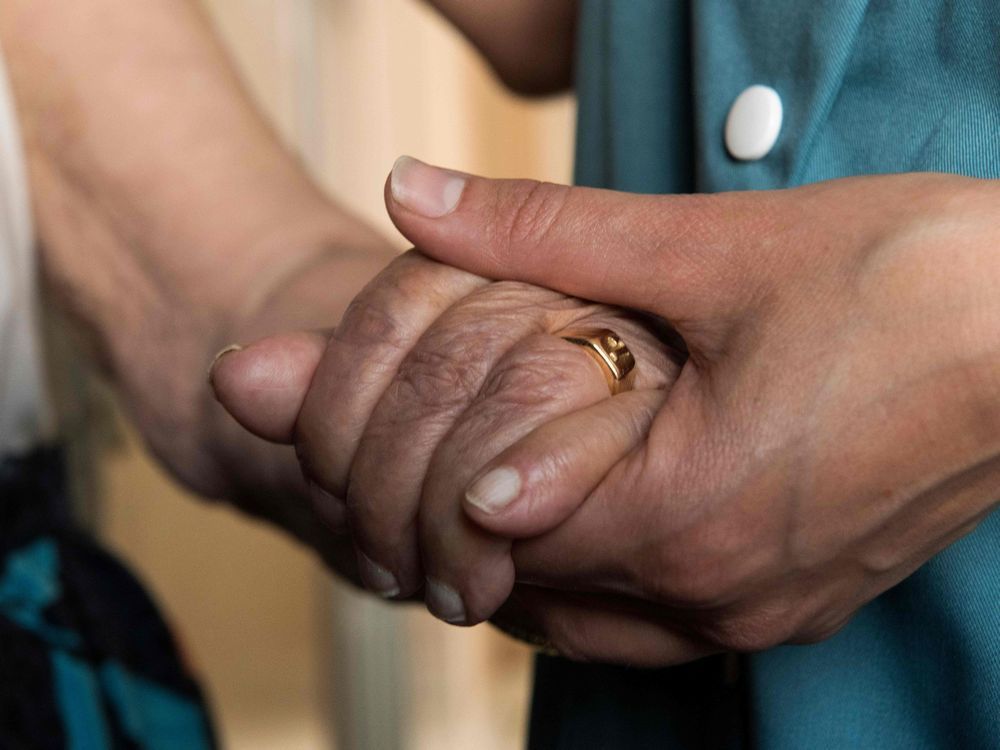storing the samples also has to be done in a specific way so that they are viable for testing. if stored improperly, the sample could lead to inaccurate results, or you run the risk of not being able to use it all. since these test kits aren’t cheap and are not typically covered under provincial healthcare plans or private insurance companies, storing them in a way that causes them to be invalid could be stressful and financially taxing.
you may also have to see your healthcare provider anyway if results come back positive for certain things. for example, if you test positive for an std, you will need to see your physician with the results to get a prescription medication. on the same side, if you detect abnormalities in a cancer screening, you must also see your physician for confirmatory testing.
it’s also possible to lean too much on at-home tests, avoiding seeing a doctor at all. while these tests are meant to make care more accessible, they are not a replacement for professional medical care.
using an at-home health kit
the process of conducting an at-home health kit test will vary because different conditions and health parameters require varied test samples. for example, a pregnancy test, a type of at-home medical testing kit, involves urine collection. a glucose test, however, will need a sample of blood. other samples may include:
 5 minute read
5 minute read








